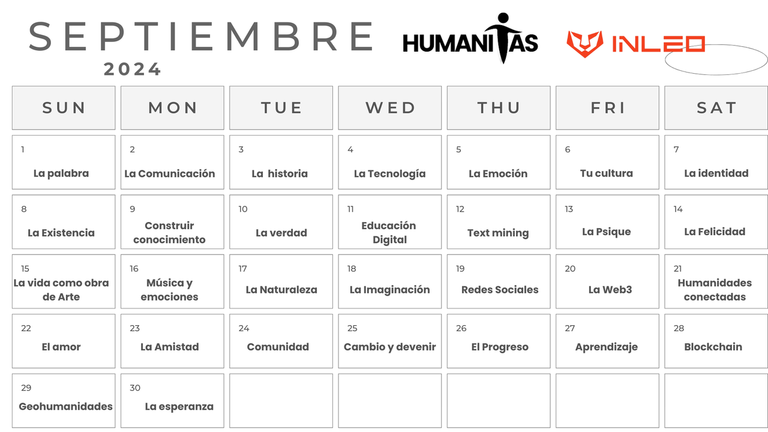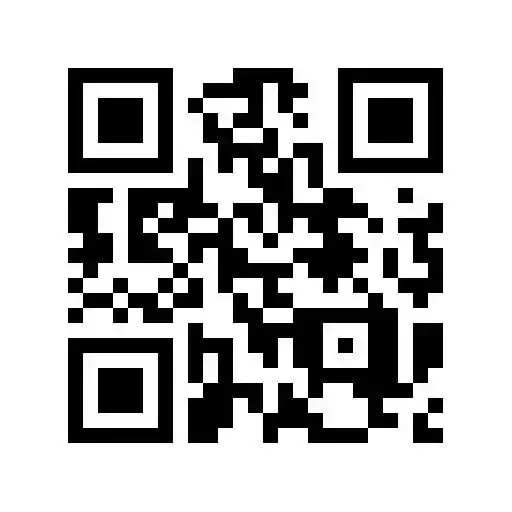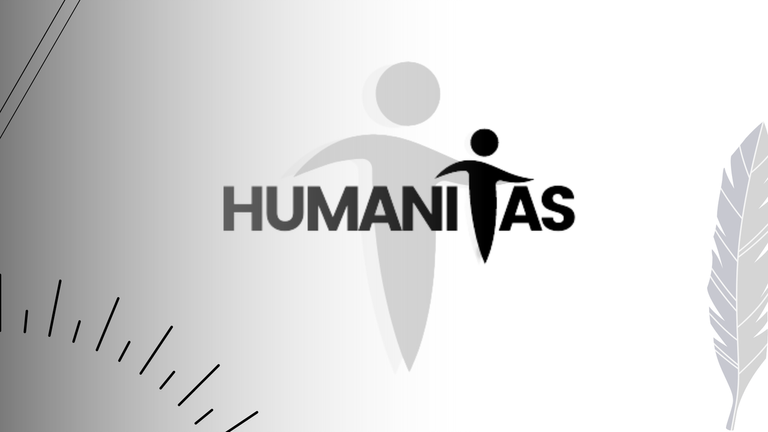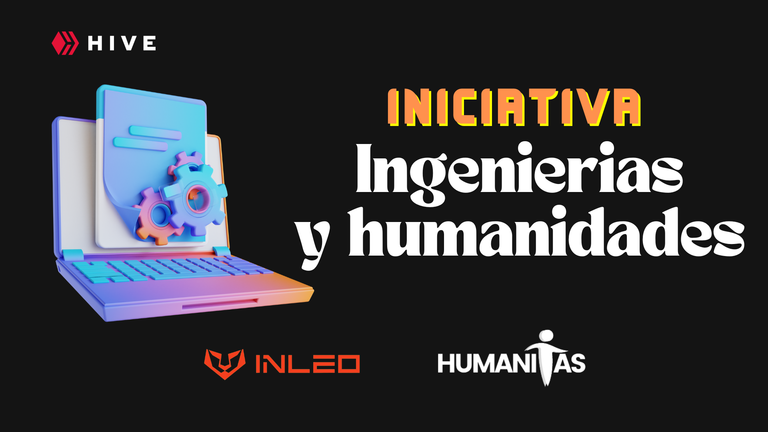La división entre las ciencias duras y las humanidades casi siempre ha sido un debate recurrente a lo largo de la historia. Sin embargo, en un mundo que cada vez está más interconectado y hasta cierto punto dominado por la tecnología, esta separación se vuelve cada vez más artificial si se puede decir así. Las ingenierías, con su enfoque en la creación y aplicación de soluciones tecnológicas, y las humanidades, con su interés en comprender la condición humana, parecen, a primera vista, habitar en esferas distintas. Pero, en Humanitas pensamos que una mirada más profunda puede revelar una interdependencia crucial entre ambas disciplinas.
Los ingenieros, en su afán por construir un mundo mejor a través de la tecnología, se encuentran cada vez más enfrentados a dilemas éticos y sociales. Por ejemplo, es pertinente preguntarse: ¿Cómo garantizar que la inteligencia artificial beneficie a todos y no solo a unos pocos? o ¿Cuál es el impacto ambiental de las nuevas tecnologías? o ¿Cómo diseñar productos que sean inclusivos y accesibles para todos? Estas preguntas trascienden el ámbito técnico y requieren una comprensión profunda de la sociedad, la cultura y los valores humanos.
Por su parte, las humanidades ofrecen las herramientas necesarias para abordar estas interrogantes. La filosofía por ejemplo, nos ayuda a reflexionar sobre la naturaleza de la tecnología y su lugar en la sociedad. La historia nos proporciona un marco para comprender cómo la tecnología ha moldeado a las civilizaciones y cómo, a su vez, ha sido moldeada por ellas. La sociología y la antropología nos permiten analizar las interacciones entre la tecnología y la sociedad, por solo mencionar algunas disciplinas entre todas las que componen las humanidades.
La convergencia entre las ingenierías y las humanidades es especialmente relevante en el contexto de la Web3, un nuevo paradigma de internet que promete descentralizar la información y el poder. La creación de una Web3 más justa y equitativa requiere una colaboración estrecha entre ingenieros y humanistas. Los primeros deben desarrollar las tecnologías subyacentes, mientras que los segundos deben garantizar que estas tecnologías se utilicen para el bien común y por tal razón hemos pensado en una iniciativa que pueda proporcionarnos perspectivas interesantes.
INICIATIVA
Invitamos a la comunidad de creadores en Web3 a reflexionar sobre esta relación. Invitamos a preguntarse ¿Cómo podemos trabajar juntos para construir un futuro digital más humano? ¿Qué papel pueden desempeñar las humanidades en el desarrollo de tecnologías éticas y sostenibles? ¿Cómo podemos fomentar un diálogo más profundo entre ingenieros y humanistas? Ahora bien, si no tienes muy claro el enfoque a continuación sugerimos una serie de preguntas a modo de disparadores para motivar la reflexión.
Preguntas para la reflexión:
¿Cómo pueden las humanidades contribuir a la creación de una Web3 más inclusiva y accesible?
¿Qué papel pueden desempeñar los valores humanos en el diseño de algoritmos y protocolos?
¿Cómo podemos garantizar que la inteligencia artificial se utilice para el beneficio de la humanidad y no para su perjuicio?
¿Cuál es la responsabilidad de los ingenieros y los humanistas en la construcción de un futuro digital más justo y equitativo?
¿Cómo podemos fomentar una educación que integre las ingenierías y las humanidades desde edades tempranas?
Recuerda que estas preguntas son solo a modo de sugerencia, no tienes que responderlas necesariamente, así que siéntete libre de manifestar tu punto de vista.
Recuerda:
Puedes crear contenido en Humanitas en cualquier tipo de formato, no importa si lo haces escrito en formato largo, escrito en formato corto, video, podcast o como sea que te guste crear contenido. También recuerda que esta la iniciativa de un tema para cada día de Septiembre en la que puedes participar si lo deseas.

Reglas
• No toleramos el plagio.
• Contenido en cualquier idioma (si no es en español agradecemos añadas la traducción).
• Asegúrate de utilizar buena ortografía.
• Utiliza las etiquetas: #humanitas e #iniciativa
A modo de sugerencia para mejorar la experiencia en la comunidad:
• Comenta otras participaciones.
• Invita a otros a participar en la iniciativa.
• Comparte por Threads
tu participación usando el tag #humanitas
• Comparte tu participación por X usando el tag #humanitas
¿Qué DApps puedes usar?
Realmente puedes usar cualquier aplicación para crear contenido en la comunidad. Cualquier formato es bienvenido, ahora bien, si redactas un artículo te sugerimos utilizar el Frontend de INLEO ya que como comunidad aliada al proyecto podemos postular a curación las publicaciones que suban a la comunidad desde el portal de INLEO y que contamos con una delegación de LEOPOWER para incentivar el contenido compartido en la comunidad desde INLEO. Recuerda que los votos no están asegurados.
También te invitamos a formar parte de nuestro grupo de telegram oficial, ya que estaremos no solo interactuando sino también deseamos escuchar a todos los miembros de nuestra comunidad y juntos poder edificar el mejor entorno de humanidades en la web.

No lo olvides
Buscamos originalidad y creatividad, por lo tanto, bajo ninguna circunstancia admitiremos plagio, queremos promover el pensamiento crítico y el sano debate. En pasadas ocasiones, hemos logrado demostrar que como comunidad podemos abordar temáticas que pueden ser en principio polémicas, álgidas o tender hacia lo controversial sin inconvenientes, de hecho pueden ser abordadas con criterios y armonía, con responsabilidad discursiva, sobre todo empatía y respeto, no hay necesidad de polemizar los puntos de vista, siempre con criterio y disposición de ánimo podemos crear diálogos profundos y reflexivos colaborando en la construcción de conocimientos humanísticos en esta web 3.0

ENGLISH VERSION
INITIATIVE: Engineering and Humanities
The division between the hard sciences and the humanities has almost always been a recurring debate throughout history. However, in a world that is increasingly interconnected and to some extent dominated by technology, this separation is becoming more and more artificial, if I may say so. Engineering, with its focus on the creation and application of technological solutions, and the humanities, with their interest in understanding the human condition, seem, at first glance, to inhabit different spheres. But, at Humanitas, we believe that a closer look may reveal a crucial interdependence between the two disciplines.
Engineers, in their quest to build a better world through technology, are increasingly confronted with ethical and social dilemmas. For example, it is pertinent to ask: How to ensure that artificial intelligence benefits all and not just a few? or What is the environmental impact of new technologies? or How to design products that are inclusive and accessible to all? These questions transcend the technical realm and require a deep understanding of society, culture and human values.
For their part, the humanities offer the necessary tools to address these questions. Philosophy, for example, helps us reflect on the nature of technology and its place in society. History provides a framework for understanding how technology has shaped civilizations and how, in turn, it has been shaped by them. Sociology and anthropology allow us to analyze the interactions between technology and society, just to mention a few of the many disciplines that make up the humanities.
The convergence between engineering and the humanities is especially relevant in the context of Web3, a new Internet paradigm that promises to decentralize information and power. The creation of a more just and equitable Web3 requires close collaboration between engineers and humanists. The former must develop the underlying technologies, while the latter must ensure that these technologies are used for the common good, and for this reason we have come up with an initiative that can provide us with interesting insights.
INITIATIVE
We invite the community of creators in Web3 to reflect on this relationship. How can we work together to build a more humane digital future? What role can the humanities play in the development of ethical and sustainable technologies? How can we foster a deeper dialogue between engineers and humanists? Now, if you are not quite clear on the approach below we suggest a series of questions as triggers to motivate reflection.
Questions for reflection:
How can the humanities contribute to the creation of a more inclusive and accessible Web3?
What role can human values play in the design of algorithms and protocols?
How can we ensure that artificial intelligence is used for the benefit of humanity and not to its detriment?
What is the responsibility of engineers and humanists in building a more just and equitable digital future?
How can we foster an education that integrates engineering and humanities from an early age?
Remember that these questions are only suggestions, you don't necessarily have to answer them, so feel free to express your point of view.
Remember:
You can create content in Humanitas in any type of format, no matter if you do it written in long format, written in short format, video, podcast or however you like to create content. Also remember that there is the initiative of a theme for each day of September in which you can participate if you wish.

Rules
- We do not tolerate plagiarism.
- Content in any language (if it is not in English, please add the translation).
- Be sure to use good spelling.
- Use the tags: #humanitas and #initiative.
As a suggestion to improve the community experience:
- Comment on other participations.
- Invite others to participate in the initiative.
- Share by Threads your participation using the tag #humanitas.
- Share your participation by X using the #humanitas tag.
What DApps can you use?
Actually you can use any application to create content in the community. Any format is welcome, however, if you write an article we suggest you use the INLEO Frontend because as a community allied to the project we can apply to curate the publications that are uploaded to the community from the INLEO portal and we have a delegation of LEOPOWER to encourage content shared in the community from INLEO. Remember that votes are not guaranteed.
We also invite you to join our official telegram group, as we will be not only interacting but also want to listen to all members of our community and together we can build the best humanities environment on the web.

Don't forget
We seek originality and creativity, therefore, under no circumstances will we admit plagiarism, we want to promote critical thinking and healthy debate. In the past, we have been able to demonstrate that as a community we can address issues that may be controversial or tend towards the controversial without problems, in fact they can be addressed with criteria and harmony, with discursive responsibility, especially empathy and respect, there is no need to polemicize the points of view, always with criteria and willingness to mood we can create deep and thoughtful dialogues collaborating in the construction of humanistic knowledge in this web 3.0.
Translated with DeepL.com (free version)

✖ @ComunidadHuman3
📸 IG @HumanitasCommunity
Canal de Telegram oficial
Canal de Discord oficial
Posted Using InLeo Alpha
